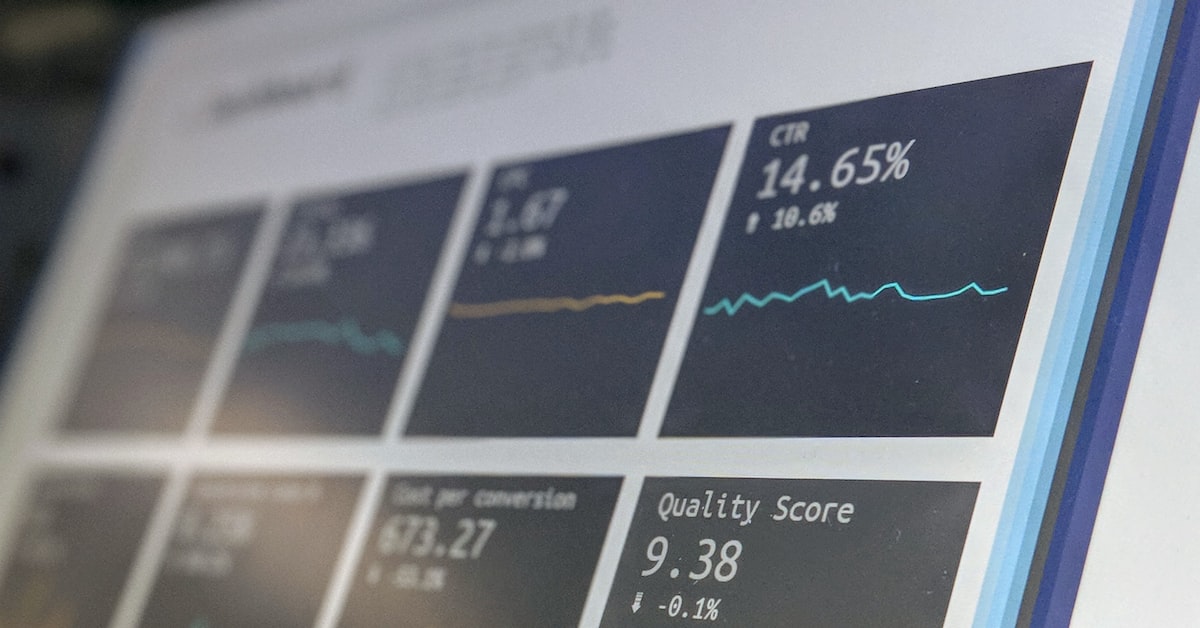Investing in Rare Collectibles: The Art of Alternative Assets
Discover the world of investing in rare collectibles and explore the art of alternative assets. Learn how to diversify your portfolio and make informed decisions.
In the realm of finance and investment, the concept of diversification is often touted as a key strategy for minimizing risk and maximizing returns. While stocks and bonds have traditionally been the go-to options for investors, there’s a fascinating world of alternative assets that can add a unique dimension to your portfolio. One such avenue is investing in rare collectibles. In this comprehensive guide, we’ll delve into the art of alternative assets and explore the captivating realm of investing in rare collectibles.
The Allure of Rare Collectibles
Investing in rare collectibles isn’t just about financial gains; it’s about the allure of owning a piece of history or a rare artifact that holds cultural significance. These assets can include anything from vintage cars and fine art to rare stamps and antique furniture. The appeal lies in the tangible and emotional connection these items offer, making them a compelling choice for investors looking to diversify their holdings.
A Tangible Hedge Against Market Volatility
One of the standout advantages of investing in rare collectibles is their ability to act as a hedge against market volatility. When traditional markets are in turmoil, the value of tangible assets tends to remain stable or even appreciate. This is because collectors and enthusiasts often view these items as safe havens for their capital.
Building a Well-Rounded Portfolio
To create a well-rounded investment portfolio, it’s crucial to incorporate assets from various categories. Rare collectibles bring a unique flavor to your portfolio, different from the typical mix of stocks and bonds. By diversifying into alternative assets, you can spread risk and potentially increase your returns.
The Role of Expert Appraisals
Investing in rare collectibles requires a keen eye for quality and authenticity. Expert appraisals play a pivotal role in this process. Whether you’re considering a vintage guitar or a classic piece of artwork, having a certified appraiser assess the item’s condition and provenance is essential to make informed investment decisions.
Navigating the World of Auctions
Auctions are a primary marketplace for rare collectibles. From high-profile auction houses to online platforms, there’s a vast array of options to explore. Engaging in auctions can be an exhilarating experience, but it’s crucial to set a budget and stick to it to avoid overspending.
Preserving and Protecting Your Investments
Proper care and preservation are paramount when it comes to rare collectibles. These assets are often delicate and susceptible to damage from environmental factors. Investing in climate-controlled storage and insurance can safeguard your valuable investments.
FAQs
Are rare collectibles a suitable investment for beginners?
Absolutely! Rare collectibles can be a fantastic addition to any investor’s portfolio, regardless of their experience level. However, it’s essential to educate yourself and seek expert guidance.
What are some examples of rare collectibles?
Rare collectibles encompass a wide range of items, including vintage watches, rare coins, antique furniture, and even rare books.
How can I verify the authenticity of a rare collectible?
To verify authenticity, enlist the services of certified appraisers and ensure proper documentation of the item’s history and provenance.
Do rare collectibles require special insurance?
Yes, given their unique value, rare collectibles should be insured with specialized coverage to protect against loss, theft, or damage.
Are there any tax implications to consider when investing in rare collectibles?
Yes, tax laws related to collectibles can be complex. It’s advisable to consult a tax professional to navigate this aspect of your investments.
Can I enjoy my rare collectibles while they appreciate in value?
Certainly! Many collectors derive immense pleasure from their rare items, making the investment doubly rewarding.
Investing in rare collectibles isn’t just a financial endeavor; it’s an exploration of history, culture, and passion. By diversifying your portfolio with these alternative assets, you can potentially enhance your financial standing while indulging in the world of rare and valuable treasures. Remember, expert guidance and meticulous care are the keys to success in this fascinating realm of investment.


